The World Health Organization can't find link between mobile phone use and brain cancer
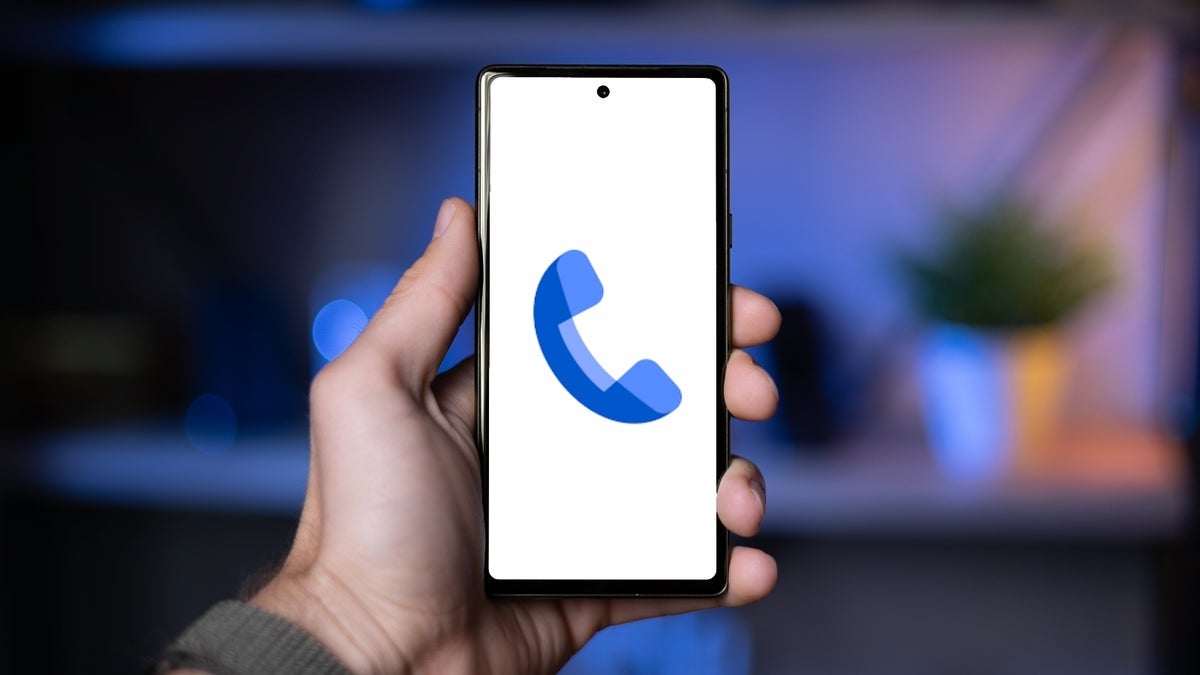
A recent review commissioned by the World Health Organization (WHO) has concluded that there is no evidence to support a link between mobile phone use and an increased risk of brain cancer.
Despite the widespread adoption of wireless technology, the review, released on Tuesday, found no corresponding rise in brain cancer cases, even among individuals who engage in lengthy phone conversations or have been using mobile phones for over a decade, Reuters reports.
The comprehensive analysis covered 63 studies conducted between 1994 and 2022, with contributions from 11 researchers across 10 countries, including Australia’s radiation protection authority.
The study focused on the impact of radiofrequency energy, which is utilized not only in mobile phones but also in devices like televisions, baby monitors, and radar systems, according to co-author Mark Elwood, a professor of cancer epidemiology at the University of Auckland, New Zealand.
"None of the major questions studied showed increased risks", Elwood stated. The review examined brain cancers in both adults and children, as well as cancers of the pituitary gland, salivary glands, and leukemia. It also assessed risks related to mobile phone use, exposure to base stations and transmitters, and occupational exposure. Findings on other cancer types are expected in a separate report.
This review aligns with previous studies. The WHO and other international health organizations have consistently found no conclusive evidence of harmful health effects from the radiation emitted by mobile phones, though they have called for further research. The International Agency for Research on Cancer (IARC) currently classifies this radiation as "possibly carcinogenic" (Class 2B), a designation used when a potential link cannot be entirely ruled out.
Given the new evidence since the IARC’s last review in 2011, the agency's advisory group has recommended an urgent re-evaluation of this classification. WHO's updated assessment is anticipated in the first quarter of next year.
Despite the widespread adoption of wireless technology, the review, released on Tuesday, found no corresponding rise in brain cancer cases, even among individuals who engage in lengthy phone conversations or have been using mobile phones for over a decade, Reuters reports.
The study focused on the impact of radiofrequency energy, which is utilized not only in mobile phones but also in devices like televisions, baby monitors, and radar systems, according to co-author Mark Elwood, a professor of cancer epidemiology at the University of Auckland, New Zealand.
This review aligns with previous studies. The WHO and other international health organizations have consistently found no conclusive evidence of harmful health effects from the radiation emitted by mobile phones, though they have called for further research. The International Agency for Research on Cancer (IARC) currently classifies this radiation as "possibly carcinogenic" (Class 2B), a designation used when a potential link cannot be entirely ruled out.
Follow us on Google News


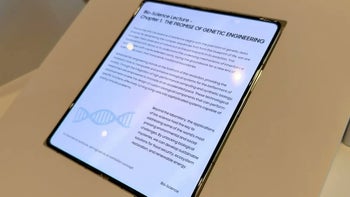
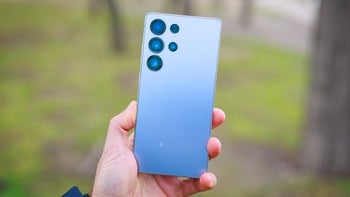

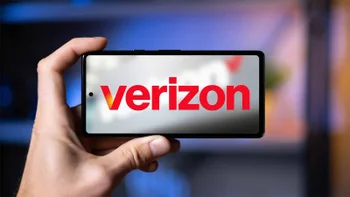
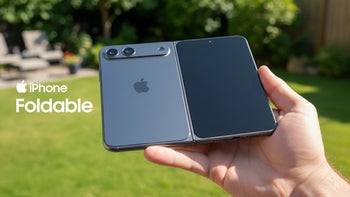

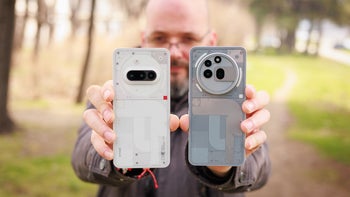



Things that are NOT allowed:
To help keep our community safe and free from spam, we apply temporary limits to newly created accounts: